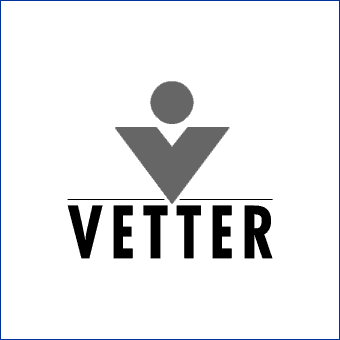Johnson & Johnson will pay more than $1 billion to the U.S. government and nearly all states individually to resolve civil investigation regarding the marketing of its antipsychotic drug Risperdal, Bloomberg reported. The report, attributed to people familiar with the matter, said Johnson & Johnson reached an agreement with the U.S. attorney in Philadelphia last week. The U.S. government has been probing Risperdal sales practices since 2004, including allegations that J&J marketed the drug for off-label uses. A company spokeswoman said that it would not comment on “rumor or speculation.”
Xoma has announced that it will eliminate 84 jobs, or 34 percent of its workforce by the end of the first quarter. The cutbacks are intended to preserve capital for planned clinical trials, including the late-stage study of its lead candidate gevokizumab for the treatment of non-infection uveitis. The layoffs will affect approximately 50 employees immediately, while the remainder of employees will be terminated by the end of the first quarter. Xoma also said that it intends to eliminate any researchers whose duties can be outsourced to contract labs. The planned job cuts are expected to result in $6 million in restructuring and severance costs and to shed $14 million in expenses this year.
Actavis has agreed to pay $118.6 million to resolve claims that it caused the United States and four state governments to overpay for drugs. The settlement follows an $84 million accord in a lawsuit brought by the state of Texas, bringing the total to $202.6 million. The newest lawsuit was filed by Ven-A-Care, a specialty pharmacy, which claimed that Actavis defrauded the government and certain states by falsely reporting inflated prices of drugs. Actavis knew that the government would use the false pricing reports to set higher reimbursement rates for Medicaid, Ven-A-Care claimed.
Johnson & Johnson halted a clinical trial of its antibiotic Doribax after more pneumonia patients who took the product died and, as a group, patients using the drug didn’t fare as well as patients in a control group. Doribax has already been approved for urinary and abdominal infections in the United States and is still considered safe and effective for those uses. Johnson & Johnson was attempting to test the drug in pneumonia patients who were on ventilators, an indication for which it’s approved in Europe. Patients receiving Doribax in the trial died 21.5 percent of the time, compared with 14.8 percent for a control group using different drugs, according to an FDA statement.
Durect says that a late-stage clinical study aimed at studying the safety and efficacy of its post-operative pain relief medicine Posidur in abdominal procedures did not yield statistically significant results. Shares of the stock slid 30 percent to 83 cents in after-hours trading on the day of the announcement. The study tested Posidur safety and efficacy against a placebo as well as a current standard-of-care therapy. Durect said that while the study’s results trended positive for both pain reduction in the first three days of surgery, the data was statistically insignificant.
The U.S. Department of Justice says Vincent Dammai, a researcher at the Medical University of South Carolina, supplied stem cells without the approval of his university or of the U.S. Food and Drug Administration. As part of the stem cell clinic sting, two other men, Francisco Morales and Alberto Ramon were also arrested. In the indictment, Ramon was accused of obtaining umbilical cord blood from mothers who had given birth and selling the blood to the Arizona-based company Global Laboratories. The owner of that company was convicted in August 2011 of selling unauthorized stem cell products across state lines. “Morales and the others manufactures, distributed and used stem cells produced from umbilical cord blood to perform procedures not approved by the FDA to treat persons suffering from cancer, multiple sclerosis, and other autoimmune diseases,” the FBI said.
Cangene is planning to cut 120 jobs, or about 17 percent of its total workforce, as it adapts to shrinking demand for drugs to combat possible biological warfare of terrorism. Most of the job cuts will in Winnipeg, Canada where Cangene is headquartered. Some jobs will also be lost at an office in Toronto. Cangene estimate that the layoffs will result in reducing future spending by $6 million to $7 million on an annualized basis.
January 06, 2012
http://www.burrillreport.com/article-costs_of_off_label_marketing_of_anti_psychotic_grow_for_jj.html




.gif)